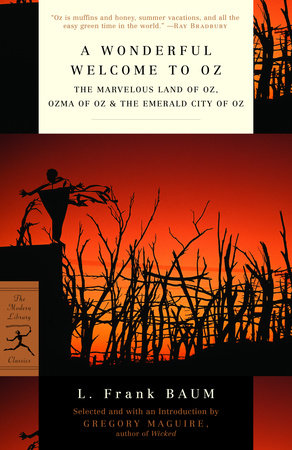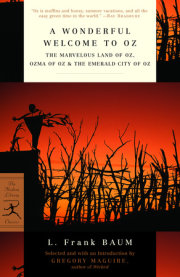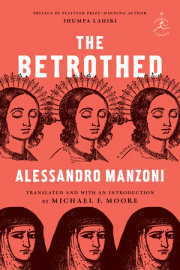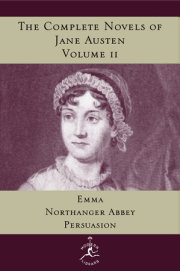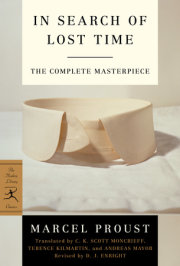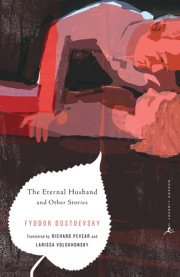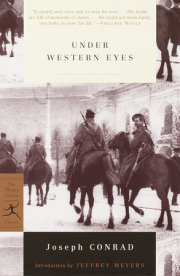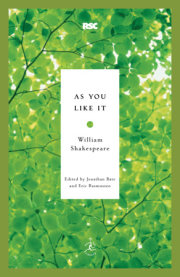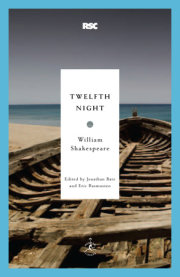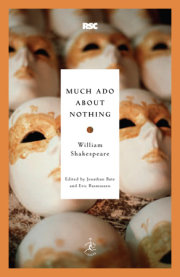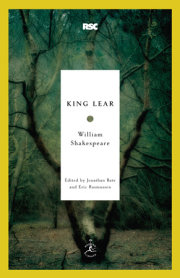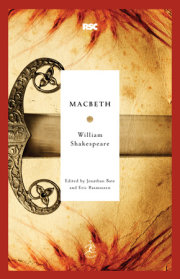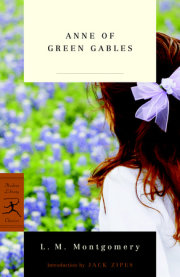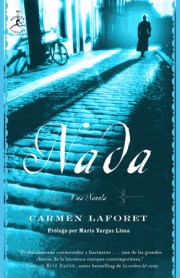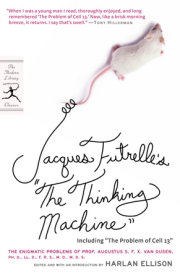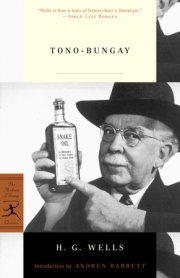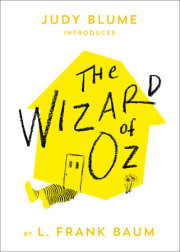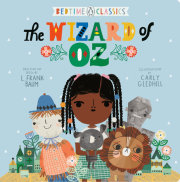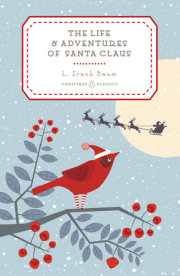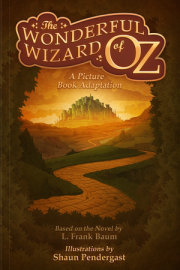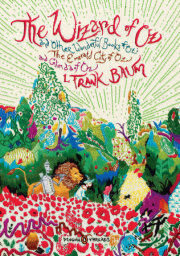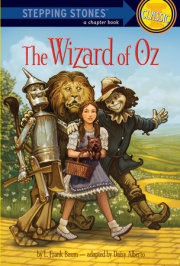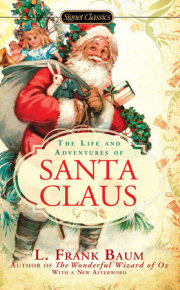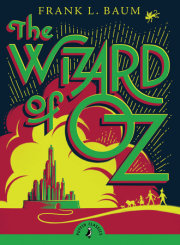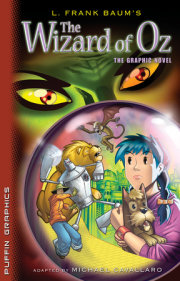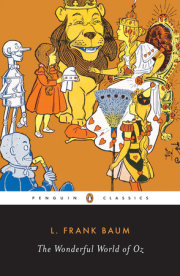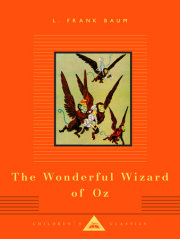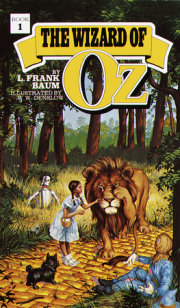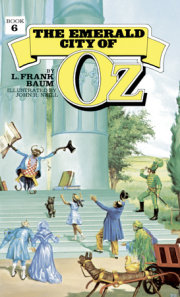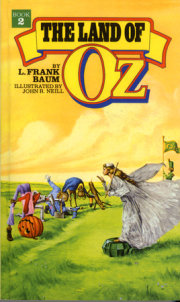AUTHOR’S NOTE
After the publication of “The Wonderful Wizard of Oz” I began to receive letters from children, telling me of their pleasure in reading the story and asking me to “write something more” about the Scarecrow and the Tin Woodman. At first I considered these little letters, frank and earnest though they were, in the light of pretty compliments; but the letters continued to come during succeeding months, and even years.
Finally I promised one little girl, who made a long journey to see me and prefer her request,—and she is a “Dorothy,” by the way—that when a thousand little girls had written me a thousand little letters asking for another story of the Scarecrow and the Tin Woodman, I would write the book. Either little Dorothy was a fairy in disguise, and waved her magic wand, or the success of the stage production of “The Wizard of Oz” made new friends for the story. For the thousand letters reached their destination long since—and many more followed them.
And now, although pleading guilty to a long delay, I have kept my promise in this book.
L. FRANK BAUM.
Chicago, June, 1904.
Tip Manufactures a Pumpkinhead
In the Country of the Gillikins, which is at the North of the Land of Oz, lived a youth called Tip. There was more to his name than that, for old Mombi often declared that his whole name was Tippetarius; but no one was expected to say such a long word when “Tip” would do just as well.
This boy remembered nothing of his parents, for he had been brought when quite young to be reared by the old woman known as Mombi, whose reputation, I am sorry to say, was none of the best. For the Gillikin people had reason to suspect her of indulging in magical arts, and therefore hesitated to associate with her.
Mombi was not exactly a Witch, because the Good Witch who ruled that part of the Land of Oz had forbidden any other Witch to exist in her dominions. So Tip’s guardian, however much she might aspire to working magic, realized it was unlawful to be more than a Sorceress, or at most a Wizardess.
Tip was made to carry wood from the forest, that the old woman might boil her pot. He also worked in the corn-fields, hoeing and husking; and he fed the pigs and milked the four-horned cow that was Mombi’s especial pride.
But you must not suppose he worked all the time, for he felt that would be bad for him. When sent to the forest Tip often climbed trees for birds’ eggs or amused himself chasing the fleet white rabbits or fishing in the brooks with bent pins. Then he would hastily gather his armful of wood and carry it home. And when he was supposed to be working in the corn-fields, and the tall stalks hid him from Mombi’s view, Tip would often dig in the gopher holes, or—if the mood seized him—lie upon his back between the rows of corn and take a nap. So, by taking care not to exhaust his strength, he grew as strong and rugged as a boy may be.
Mombi’s curious magic often frightened her neighbors, and they treated her shyly, yet respectfully, because of her weird powers. But Tip frankly hated her, and took no pains to hide his feelings. Indeed, he sometimes showed less respect for the old woman than he should have done, considering she was his guardian.
There were pumpkins in Mombi’s corn-fields, lying golden red among the rows of green stalks; and these had been planted and carefully tended that the four-horned cow might eat of them in the winter time. But one day, after the corn had all been cut and stacked, and Tip was carrying the pumpkins to the stable, he took a notion to make a “Jack Lantern” and try to give the old woman a fright with it.
So he selected a fine, big pumpkin—one with a lustrous, orangered color—and began carving it. With the point of his knife he made two round eyes, a three-cornered nose, and a mouth shaped like a new moon. The face, when completed, could not have been considered strictly beautiful; but it wore a smile so big and broad, and was so jolly in expression, that even Tip laughed as he looked admiringly at his work.
The child had no playmates, so he did not know that boys often dig out the inside of a “pumpkin-jack,” and in the space thus made put a lighted candle to render the face more startling; but he conceived an idea of his own that promised to be quite as effective. He decided to manufacture the form of a man, who would wear this pumpkin head, and to stand it in a place where old Mombi would meet it face to face.
“And then,” said Tip to himself, with a laugh, “she’ll squeal louder than the brown pig does when I pull her tail, and shiver with fright worse than I did last year when I had the ague!”
He had plenty of time to accomplish this task, for Mombi had gone to a village—to buy groceries, she said—and it was a journey of at least two days.
So he took his axe to the forest, and selected some stout, straight saplings, which he cut down and trimmed of all their twigs and leaves. From these he would make the arms, and legs, and feet of his man. For the body he stripped a sheet of thick bark from around a big tree, and with much labor fashioned it into a cylinder of about the right size, pinning the edges together with wooden pegs. Then, whistling happily as he worked, he carefully jointed the limbs and fastened them to the body with pegs whittled into shape with his knife.
By the time this feat had been accomplished it began to grow dark, and Tip remembered he must milk the cow and feed the pigs. So he picked up his wooden man and carried it back to the house with him.
During the evening, by the light of the fire in the kitchen, Tip carefully rounded all the edges of the joints and smoothed the rough places in a neat and workmanlike manner. Then he stood the figure up against the wall and admired it. It seemed remarkably tall, even for a full-grown man; but that was a good point in a small boy’s eyes, and Tip did not object at all to the size of his creation.
Next morning, when he looked at his work again, Tip saw he had forgotten to give the dummy a neck, by means of which he might fasten the pumpkin head to the body. So he went again to the forest, which was not far away, and chopped from a tree several pieces of wood with which to complete his work. When he returned he fastened a cross-piece to the upper end of the body, making a hole through the center to hold upright the neck. The bit of wood which formed this neck was also sharpened at the upper end, and when all was ready Tip put on the pumpkin head, pressing it well down onto the neck, and found that it fitted very well. The head could be turned to one side or the other, as he pleased, and the hinges of the arms and legs allowed him to place the dummy in any position he desired.
“Now, that,” declared Tip, proudly, “is really a very fine man, and it ought to frighten several screeches out of old Mombi! But it would be much more lifelike if it were properly dressed.”
To find clothing seemed no easy task; but Tip boldly ransacked the great chest in which Mombi kept all her keepsakes and treasures, and at the very bottom he discovered some purple trousers, a red shirt and a pink vest which was dotted with white spots. These he carried away to his man and succeeded, although the garments did not fit very well, in dressing the creature in a jaunty fashion. Some knit stockings belonging to Mombi and a much worn pair of his own shoes completed the man’s apparel, and Tip was so delighted that he danced up and down and laughed aloud in boyish ecstacy.
“I must give him a name!” he cried. “So good a man as this must surely have a name. I believe,” he added, after a moment’s thought, “I will name the fellow ‘Jack Pumpkinhead’!”
Copyright © 2011 by L. Frank Baum. All rights reserved. No part of this excerpt may be reproduced or reprinted without permission in writing from the publisher.

